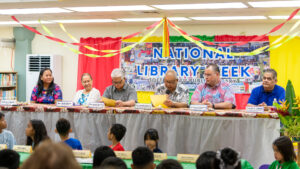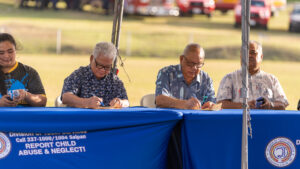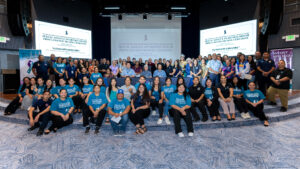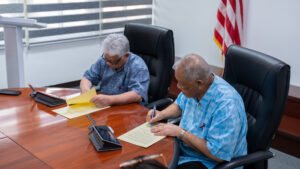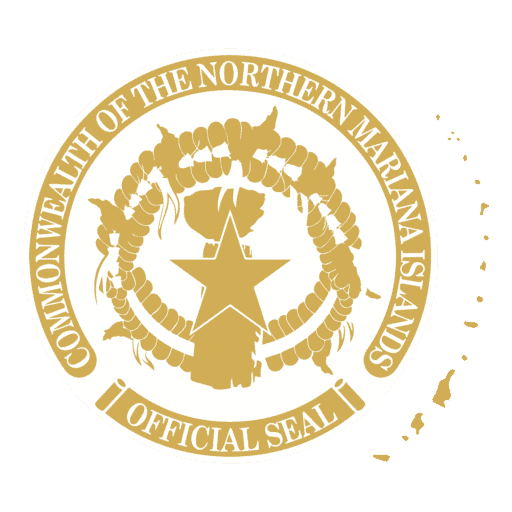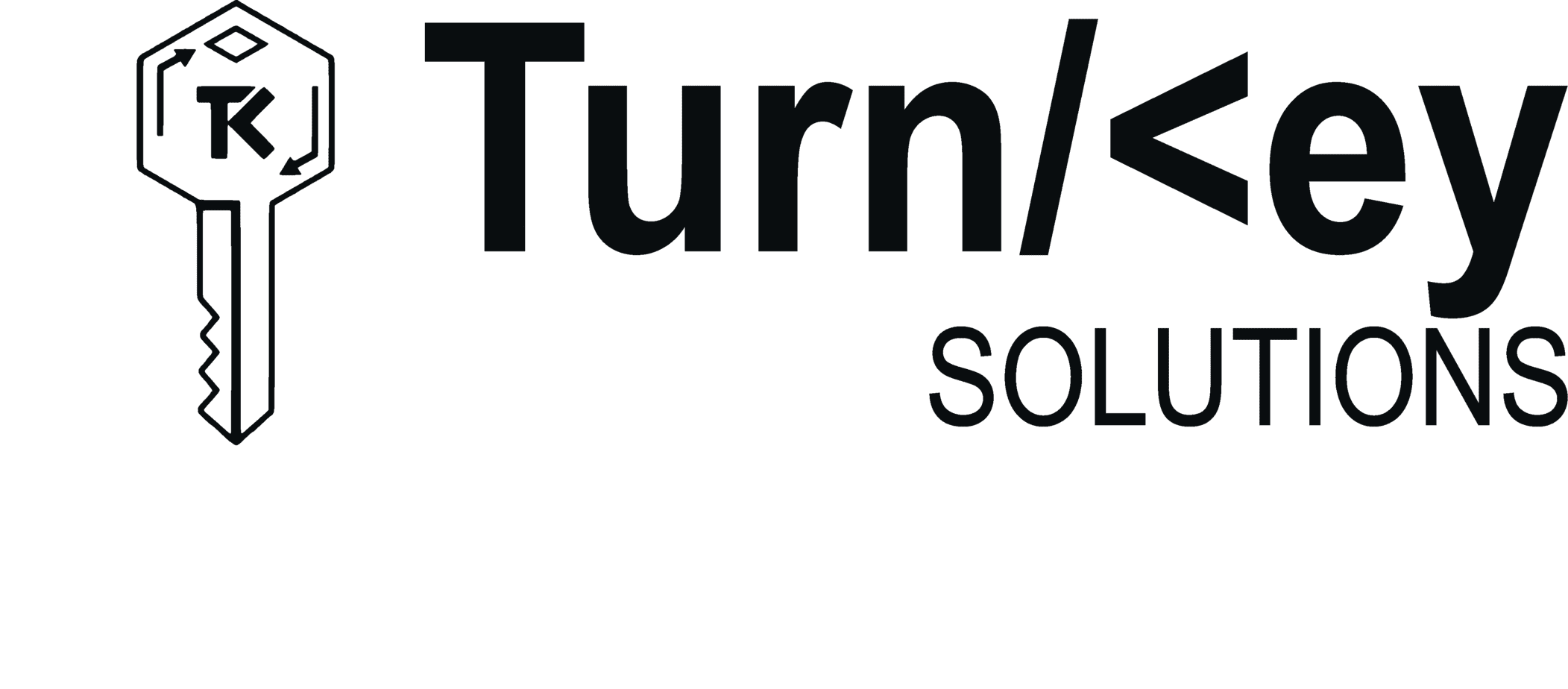The Governor’s COVID-19 Task Force and Commonwealth Healthcare Corporation (CHCC) would like to inform the public of the CNMI’s ongoing efforts to ensure the transmission of coronavirus is broken.
CHCC Contact Tracer Teams (CTTs) conduct field investigations to identify persons who have been potentially exposed by a COVID-19 case.
Every COVID-19 case began as a contact to another COVID-19 case. Thus, breaking the transmission is essential to not only controlling the spread of coronavirus, but also quickly identifying potential new cases to allow us to isolate them and prevent them from transmitting the virus onto others.
As is the case with community field work for follow up on persons suspected of active tuberculosis disease or dengue, COVID-19 contact training methods involve similar methods of teams interviewing the patient and identifying his/her contacts, evaluating their level of exposure, and determining follow-up actions.
Data from these field investigations informs contact network analysis which enable CHCC to make connections between cases and contacts. This analysis also allows us to identify connections not originally identified which may lead to additional exposed persons.
Figure 1: Example of contact network analysis
The graphic below depicts three (3) cases (triangle/red), with identified contacts (circle/blue), and their exposure pathways. The yellow triangle overlapping the circle represents a contact who, after being identified through contract tracing, was confirmed as a new case. Thus, there are 4 total cases identified on the graphic.
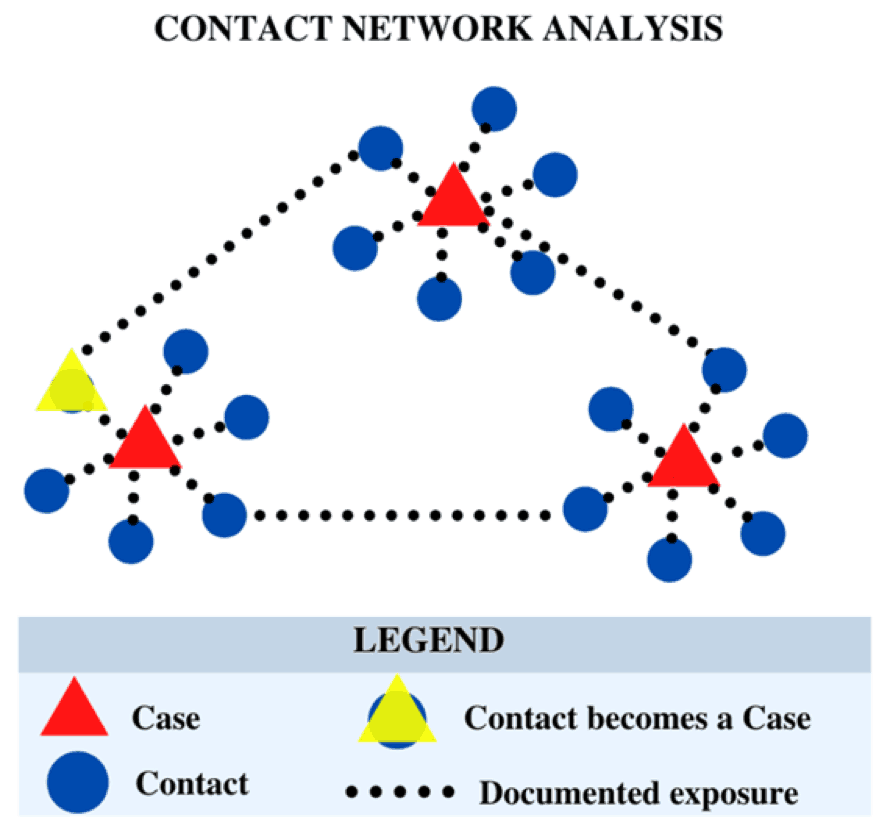
In order for the CHCC CTTs to be successful in their effort to identify all possible exposed persons, it is vitally important that community members are forthright with CTT questions. Holding back information only delays our investigative efforts, potentially contributing to missed opportunities to break the transmission. As a security measure, we remind community members, who may be questioned by our CTTs, to request these staff to present their CHCC and COVID-19 taskforce identifications. The focus of CTTs questionnaire is to identify exposure connections to break the transmission of the virus (CTTs are not concerned with your ethnicity, citizenship, nor immigration status). CTTs are trained in all aspects of patient data confidentiality and privacy.
Figure 2: How contact tracing works
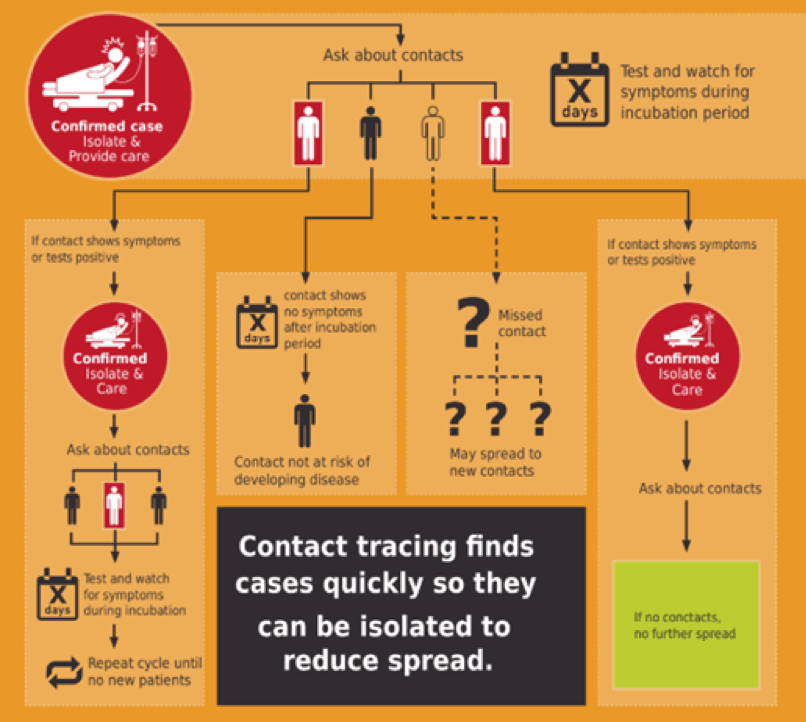
STAY AT HOME, STOP THE SPREAD
The Governor’s COVID-19 Task Force and CHCC continue to encourage residents within the Marianas to practice social distancing, which means avoiding close contact with people in order to avoid catching the virus yourself and to avoid passing it on to others.
- Stay home as much as possible. Avoid unnecessary travel or public places.
- Avoid social gatherings in groups of more than 10.
- Pick up food through drive-thru, take-out, or delivery options.
- Only one healthy adult from the household should run necessary errands, such as getting groceries or picking up medications. Leave children, elderly, and other vulnerable people at home as much as possible. When returning home from an errand, wash your hands before doing anything else.
- Older adults and people with chronic medical conditions are at higher risk of getting very sick from this illness. People at high risk should stay at home as much as possible.
- Create a household plan of action https://www.cdc.gov/coronavirus/2019-ncov/prepare/checklist-household-ready.html
- Ensure a 30-day supply of all medicines.
Continue good hand hygiene:
- Wash your hands for at least 20 seconds with soap and water, avoid touching your face, cover coughs and sneezes with a tissue or your sleeve.
- Use an alcohol-based hand sanitizer if soap and water are not readily available.
Know the signs and symptoms of COVID-19 and what to do if you become symptomatic:
- Stay home when you are sick and if you recently traveled to a place with COVID-19. Self-quarantine means:
- Choosing a room in your house that can be used to separate sick household members from others.
- Washing your hands often with soap and water for at least 20 seconds. If soap and water are not available, use an alcohol-based hand sanitizer.
- Avoiding touching your eyes, nose, and mouth with unwashed hands.
- Limiting visitors
The CHCC appreciates the patience and understanding of the community at this time. To obtain general information about the CNMI COVID-19 response, please contact the Governor’s COVID-19 Task Force Hotline at 287-0046 This number is available Monday to Sunday 7:00AM-7:00PM
For medical information about COVID-19, please reach out to the COVID-19 Infoline at the following numbers: 285-1542/1672/1352/1854 These numbers are available Monday to Sunday 7:30AM-8:00PM
For mental health support and helpful tips during a crisis please call the Mental Health Support Line at 285-1856/1857 These numbers are available Monday to Friday 7:30AM-4:30PM.
For more information about DIY face coverings, please visit https://www.cdc.gov/coronavirus/2019-ncov/prevent-getting-sick/cloth-face-cover.html
For more information about CHCC programs, please follow CHCC on Facebook, Instagram, Twitter at @cnmichcc, check out our website at www.chcc.gov.mp or call us at (670) 234-8950.
For more information on the Governor’s COVID-19 Task Force, please follow @GovernorCNMI on Facebook, Instagram, and Twitter.
This health advisory may be found online at http://www.chcc.gov.mp/pressrelease.html
Janet Guerrero / Portia Tomokane
(670) 234-8950 Ext. 3416
Governor’s COVID-19 Task Force Point of Contact:
Kevin Bautista
# # #

